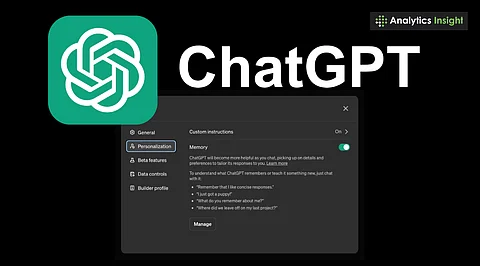

OpenAI has officially removed a controversial ChatGPT privacy feature that made user conversations appear in Google Search results. OpenAI introduced it silently as an opt-in experiment at the beginning of the year, highlighting helpful interactions. However, the revelation that thousands of personal chats were available online sparked a panic among ChatGPT users around the globe.
The feature enabled users to select a particular chat to share it publicly. When specified for sharing, search engines could index the conversations. This data leak uprooted users and cybersecurity experts when some sensitive data appeared in search results.
OpenAI CISO Dane Stuckey addressed the matter at X. "We just removed a feature from @ChatGPTapp that allowed users to make their conversations discoverable by search engines, such as Google," he wrote. “Ultimately, this feature introduced too many opportunities for folks to share things they didn't intend to accidentally, so we're removing the option."
He also added that from now on, OpenAI will work closely with search engines like Google to delist already-indexed ChatGPT conversations. The company stressed that the feature was never enabled by default and that users had to opt in manually through many steps; nonetheless, many may have unwittingly placed their chats into the public domain while sharing links with others.
The ChatGPT privacy feature was deeply rooted in controversy following Fast Company's revelation that Google had indexed more than 4,500 chats. While this involved helpful queries and generic exchanges, some leaked identifiable user data, such as names, locations, and personal experiences.
Now, even after the conversations are deleted, links to them will stay on as remnant subsets of ChatGPT Google searches until the engine updates its index. This particular loophole has raised questions about the lasting digital fingerprint of AI interactions and the obligations of AI companies towards safeguarding user data.
The removal of this OpenAI privacy update is one emblem of this divergence between user safety and sharing as an experiment. As OpenAI proves ever more capable of adjusting its security policy, this moment shall be a lesson in the delicate balance between transparency and protection.
On a recent podcast, Altman said, "People talk about the most personal s**t in their lives to ChatGPT."
Given the increasing threats around the AI’s data leaks, an AI platform must center privacy at the center of its gestalt. A recent rollback by OpenAI reminds us of the fragility of trust and how difficult it becomes to regain once it is lost.
